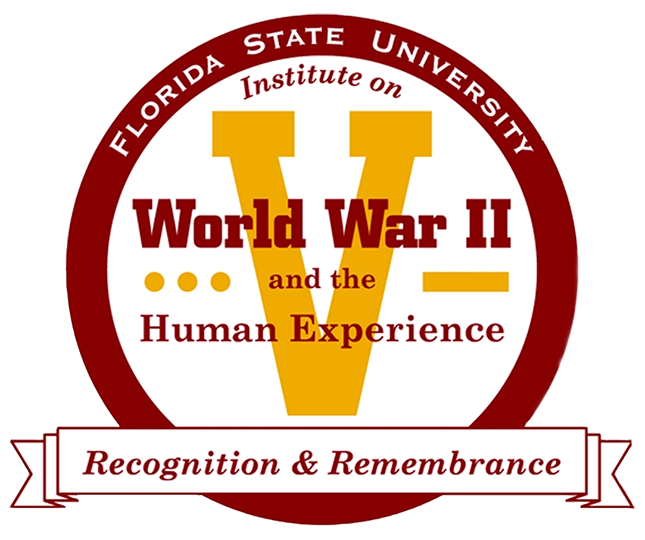
The Institute on WWII has had the unequaled good fortune to have been the recipient of this extended family’s documents covering its development from the late eighteenth century through the occupation after World War II. These papers provide,among valuable vignettes, an unusually perceptive glimpse into the atmosphere of Vienna’s intellectual circles between the two world wars. Besides her extraordinary generosity in making some 5,000 letters and other documents available to the students and researchers working at FSU, Mrs. Giulia Hine has labored for years to organize and translate this rich trove of information from German into English. Without her exceptionally capable assistance few in this country would have been able to decipher the often illegible handwriting involved.
Those researchers who have struggled to use the holdings of archives in Central and Eastern Europe will be delighted with the resources Mrs. Hine and her family have donated. With only the effort of delving down several layers in the software, the serious researcher will come upon letter after letter detailing the evolution of this clan from its Czech Jewish origins to Viennese Roman Catholicism to a profound sentiment of Central European liberalism. The Institute on World War II and the Human Experience is particularly grateful for the sense of human context and place which this collection provides for the study of the Holocaust. Here, as is seldom the case, the student of the period can see in both detail and generous scope the human element of those tragic events.
While Florida State University at this time is placing on the Internet only Mrs. Hine’s translations, those with sufficient linguistic abilities are invited to visit the World War II Institute to use the German language originals. Once again through the effort of Giulia Hine and with the singular organizational talents of Ms. Barbara Hass, research librarianextraordinaire, the letters and documents of this unique collection are easily employable for major research projects. In addition to their purely historical value, these letters will encourage immensely worthwhile endeavors ranging across the intellectual spectrum from music to literature to science.
William O. Oldson
Director, Institute on World War II & the Human Experience
Rintels Professor of Humanity


